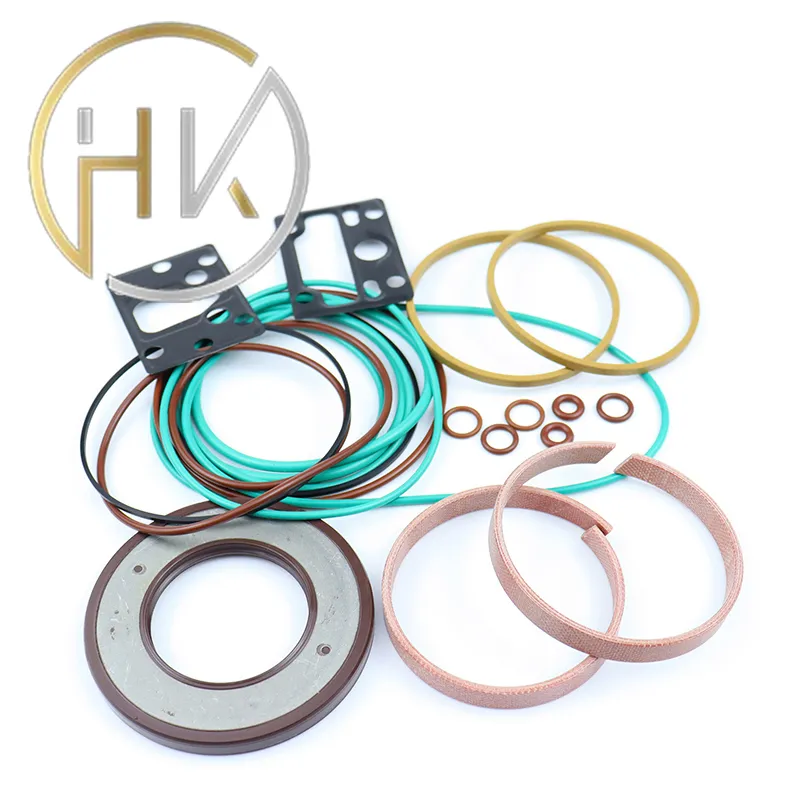Dec . 20, 2024 21:50 Back to list
Effective Strategies for Achieving Dust Proof Sealing in Various Applications
Understanding Dust-Proof Sealing Importance, Applications, and Technologies
In various industries and applications, the integrity and longevity of equipment and structures are components heavily influenced by environmental factors. Among these factors, dust infiltration can profoundly affect operational efficiency, maintenance needs, and durability. As such, dust-proof sealing has emerged as a crucial aspect of engineering design and industrial applications. This article delves into the significance, applications, and technologies associated with dust-proof sealing, providing a comprehensive understanding of this essential field.
The Importance of Dust-Proof Sealing
Dust particles present in the environment can lead to several detrimental effects on machinery and electronic devices. For instance, in industrial settings, dust can accumulate within machinery, causing friction, overheating, and eventual failures. Similarly, in electronic devices, dust ingress can result in overheating or short-circuits, leading to reduced performance or complete failure. Furthermore, dust can compromise the hygiene and safety standards necessary in industries such as food processing and pharmaceuticals. As a result, dust-proof sealing is vital for maintaining operational efficacy, prolonging equipment life, and ensuring compliance with industry standards.
Applications of Dust-Proof Sealing
Dust-proof sealing finds applications across a multitude of sectors
1. Electronics In consumer electronics such as smartphones and laptops, dust-proof seals are essential. These seals often employ silicone gaskets or resin coatings to create barriers against dust ingress, ensuring the longevity and reliability of devices.
2. Automotive Cars and heavy machinery are exposed to harsh environments where dust can affect performance. Sealing systems in vehicles are designed to protect sensitive components, such as sensors and electronic control units, from external dust and debris, ensuring that they function optimally.
3. Manufacturing Equipment Machinery in manufacturing plants often operates in dusty environments. Dust-proof seals help protect gears, motors, and other critical components from contamination, reducing downtime and maintenance costs.
4. Aerospace and Defense In the aerospace sector, dust-proof sealing is crucial for aircraft systems that may encounter extreme weather conditions. Sealing components are extensively tested to ensure that they withstand both dust and pressure variations experienced during flight.
dust proof sealing

5. HVAC Systems Heating, ventilation, and air conditioning (HVAC) systems benefit significantly from dust-proof sealing. Proper seals prevent dust particles from infiltrating the system, maintaining air quality and reducing the burden on filters, thereby extending their service life.
Technologies in Dust-Proof Sealing
The technologies employed in dust-proof sealing are continuously evolving to meet the demands of various applications. Some prominent methods include
- Gaskets and O-rings The use of elastomeric materials in gaskets and O-rings creates a flexible seal that can accommodate thermal expansion and contraction while keeping dust out. These components are commonly used in a variety of industries due to their versatility and effectiveness.
- Molded Seals Custom-molded seals made of silicone, polyurethane, or rubber provide tailored solutions for complex geometries. These seals can be designed to fit specific assemblies and are highly effective in preventing dust ingress.
- Mechanical Seals Often used in rotating machinery, mechanical seals prevent dust and liquid leaks. They offer a high level of reliability and are essential for applications requiring stringent moisture and dust control.
- Adhesive Sealing In some applications, adhesive technologies can be used to create dust-proof barriers. Special adhesives designed to withstand environmental challenges provide an additional layer of protection, ensuring effective sealing against dust.
Conclusion
Dust-proof sealing plays a vital role in various sectors, safeguarding equipment and ensuring optimal functionality. With advancements in materials and sealing technologies, industries can better protect themselves against the adverse effects of dust contamination. As we move toward a more technology-driven future, the importance of sustainable and effective dust-proof sealing will only become more pronounced. Industries must continue to innovate in sealing solutions, fostering operational efficiency, reliability, and longevity in their systems and processes. With dust-proof sealing, organizations can not only enhance performance but also protect their investments for years to come.
-
TCN Oil Seal Metal Ring Reinforcement for Heavy Machinery
NewsJul.25,2025
-
Rotary Lip Seal Spring-Loaded Design for High-Speed Applications
NewsJul.25,2025
-
Hydraulic Cylinder Seals Polyurethane Material for High-Impact Jobs
NewsJul.25,2025
-
High Pressure Oil Seal Polyurethane Coating Wear Resistance
NewsJul.25,2025
-
Dust Proof Seal Double Lip Design for Construction Equipment
NewsJul.25,2025
-
Hub Seal Polyurethane Wear Resistance in Agricultural Vehicles
NewsJul.25,2025
-
The Trans-formative Journey of Wheel Hub Oil Seals
NewsJun.06,2025
Products categories
















